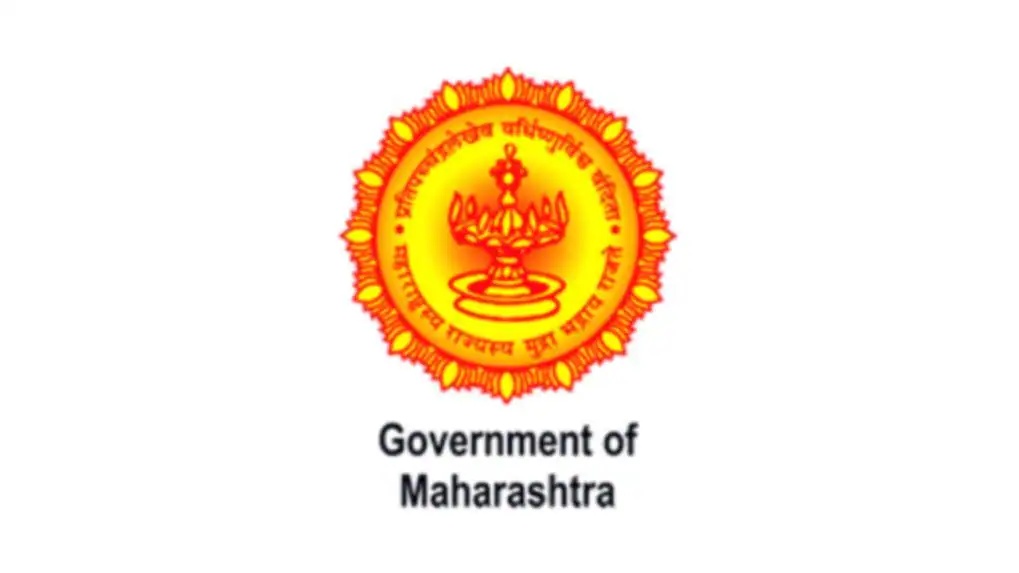
State Launches Digital Conduct Framework for Public Sector Workers
Following a sweeping administrative directive, the Maharashtra government has introduced stringent social media usage protocols for its workforce, aiming to delineate professional boundaries and regulate online conduct. The new resolution, effective immediately, mandates that all state employees maintain separate personal and official social media profiles, prohibiting the display of institutional insignia or official assets on personal accounts. This measure, reported by the Press Trust of India, seeks to prevent the blurring of private and public personas, a concern amplified by the rise of digital misinformation. Employees are now required to restrict personal profiles to a single profile photo, with any violation potentially triggering disciplinary actions under the 1979 Maharashtra Civil Service Conduct Rules. The directive’s emphasis on digital accountability underscores the state’s commitment to managing its public image in an era where social media plays a pivotal role in shaping public perception.
Restrictions on App Usage and Content Sharing
The guidelines extend beyond profile management, encompassing the regulation of mobile applications used by government workers. While platforms like WhatsApp and Telegram are permitted for internal communication, the resolution prohibits the use of apps banned by either state or central authorities. This includes restrictions on sharing content that could be deemed defamatory, discriminatory, or inflammatory, reflecting concerns over the potential for online platforms to become venues for political dissent. Employees are explicitly barred from uploading confidential documents without authorization, a provision aimed at safeguarding sensitive information. The directive also mandates that only officially designated personnel may use state accounts to disseminate policies or solicit public feedback, with all accounts to be transferred upon retirement or transfer, ensuring continuity in institutional communication.
Broader Implications for Bureaucratic Communication
The new framework aligns with a national trend of increasing oversight of civil servants’ digital activities, reflecting concerns over the spread of misinformation and the need for centralized control over official messaging. Critics argue that the measures may stifle open discourse and suppress dissent, particularly in a context where public servants are often at the forefront of policy implementation. Proponents, however, contend that the rules are essential for maintaining the integrity of state communication and preventing the misuse of official platforms for personal or partisan purposes. The resolution’s emphasis on distinguishing professional and personal digital spaces highlights the growing recognition of social media as a critical arena for public engagement, necessitating clear guidelines to balance transparency with accountability.
Contextualizing the Policy within National Trends
As governments worldwide grapple with the challenges of digital governance, Maharashtra’s initiative exemplifies a broader shift toward regulating the online behavior of public officials. The directive’s focus on separating personal and professional digital identities mirrors similar measures in other states, where the proliferation of social media has raised questions about the boundaries of public service. While the immediate impact of the policy remains to be seen, its introduction signals a strategic effort to manage the reputational risks associated with digital footprints. This approach also aligns with the state’s broader agenda of enhancing transparency and public trust, albeit through a framework that prioritizes institutional control over individual expression.
Public Reaction and Legal Framework
Reactions to the directive have been polarized, with advocates praising its potential to curb misinformation and detractors warning of its implications for free speech. Legal experts note that the guidelines operate within the existing framework of the Maharashtra Civil Service Conduct Rules, which have historically governed the ethical standards of public servants. The resolution’s emphasis on disciplinary action underscores the gravity with which the state views compliance, though the absence of specific penalties for breaches raises questions about its enforceability. As the policy takes effect, its long-term impact on bureaucratic culture and public engagement will depend on how effectively it balances accountability with the need for open dialogue in the digital age.



